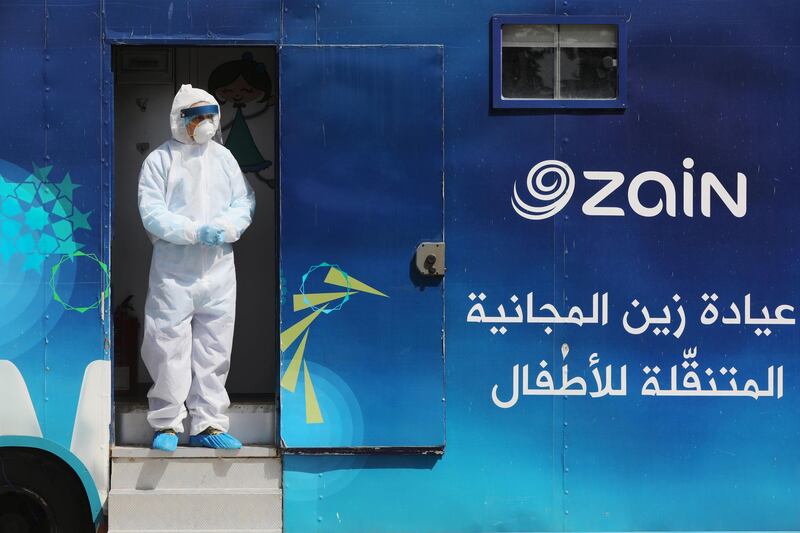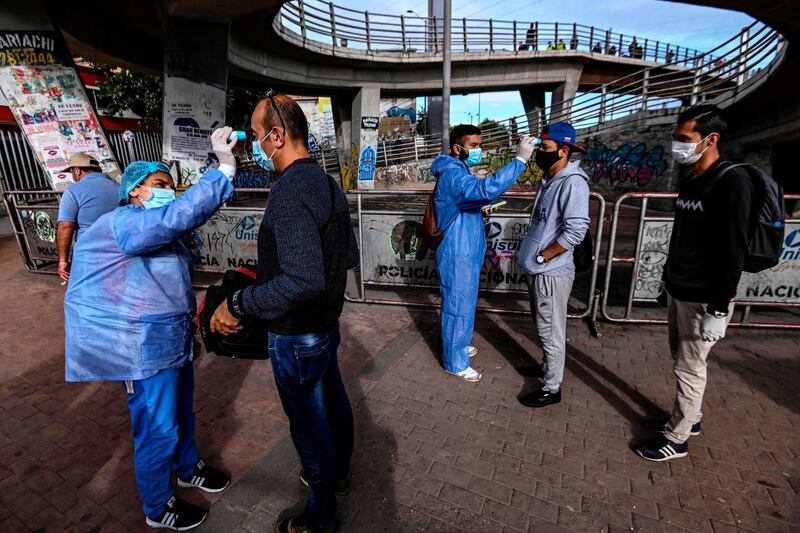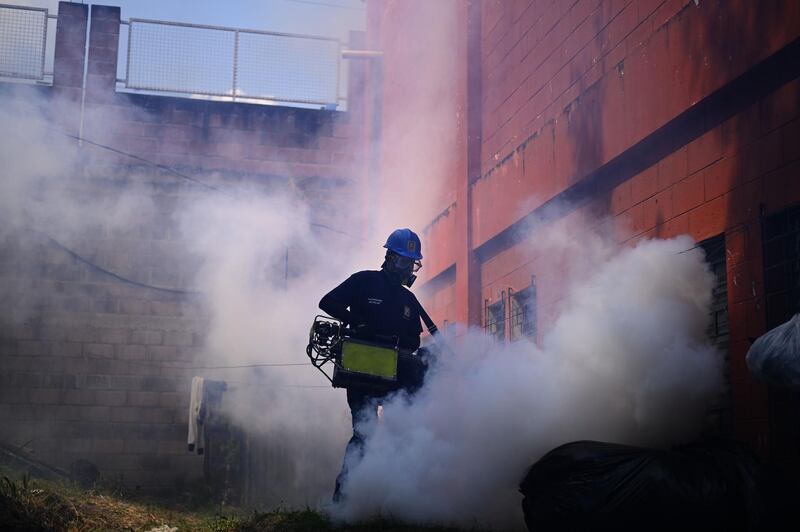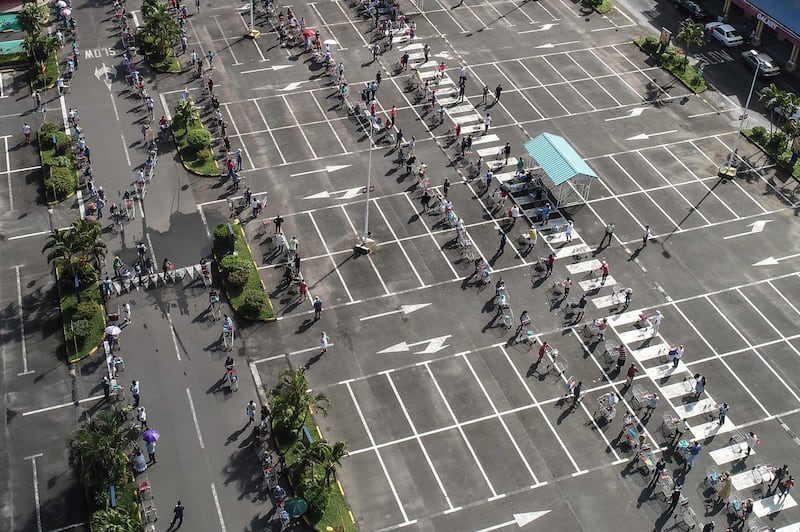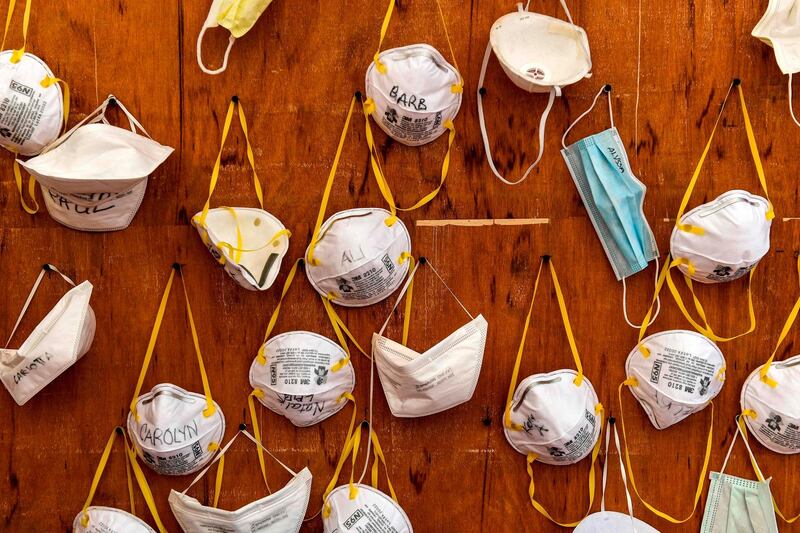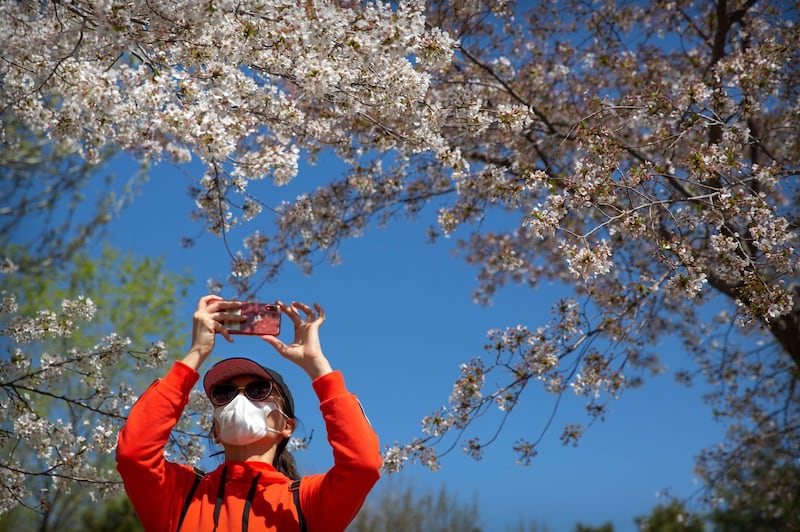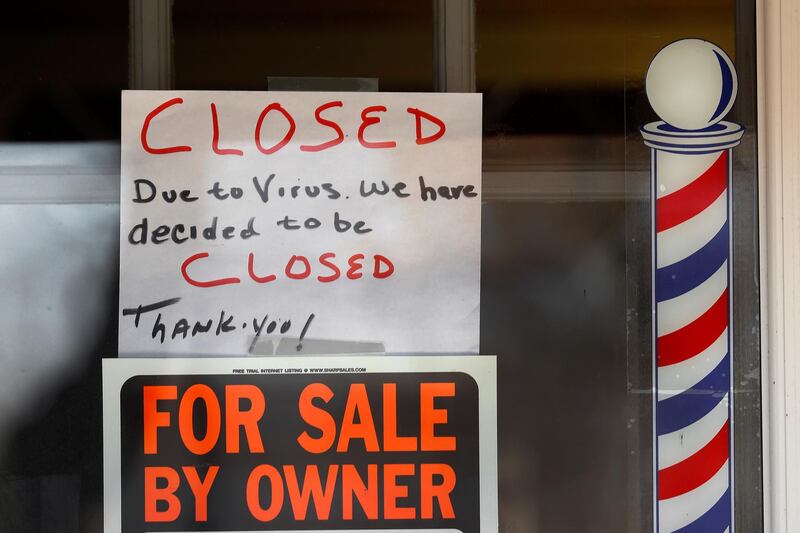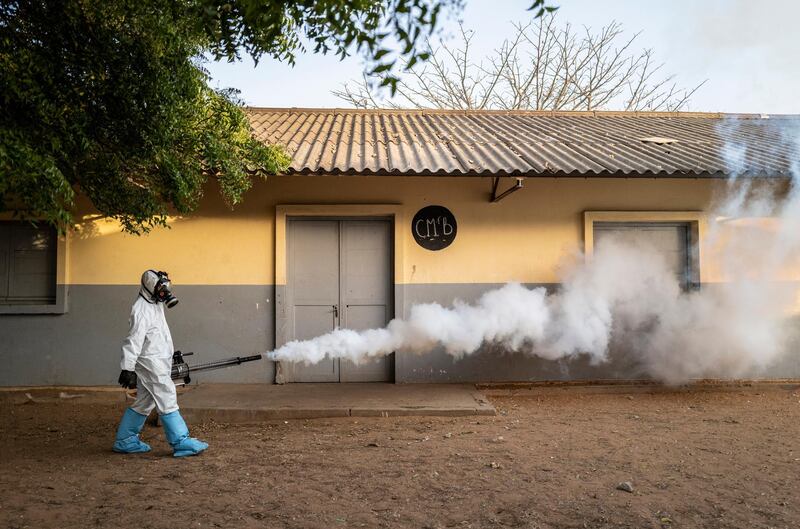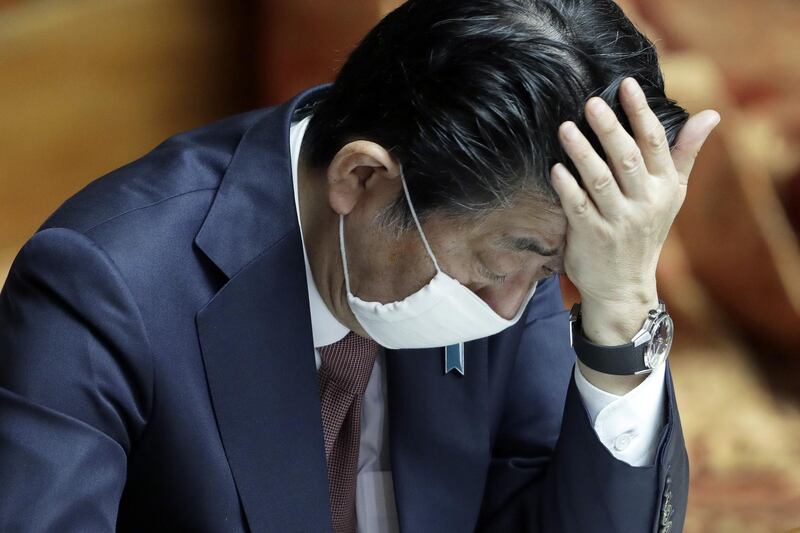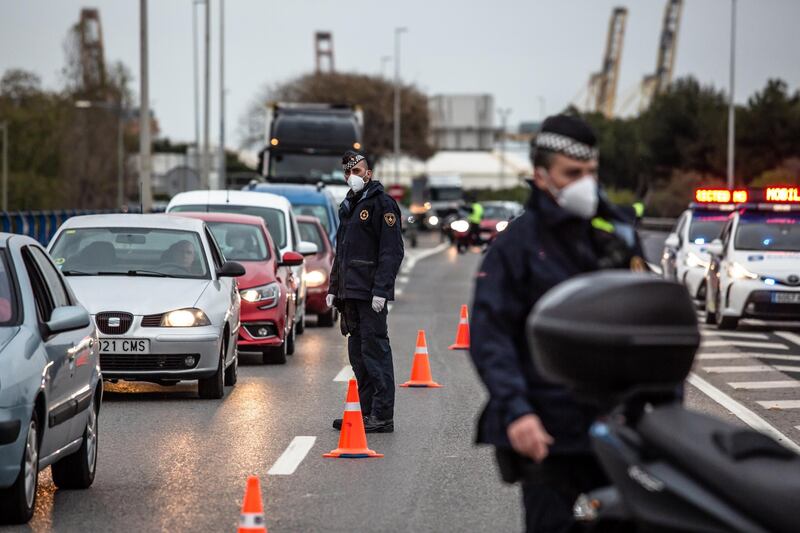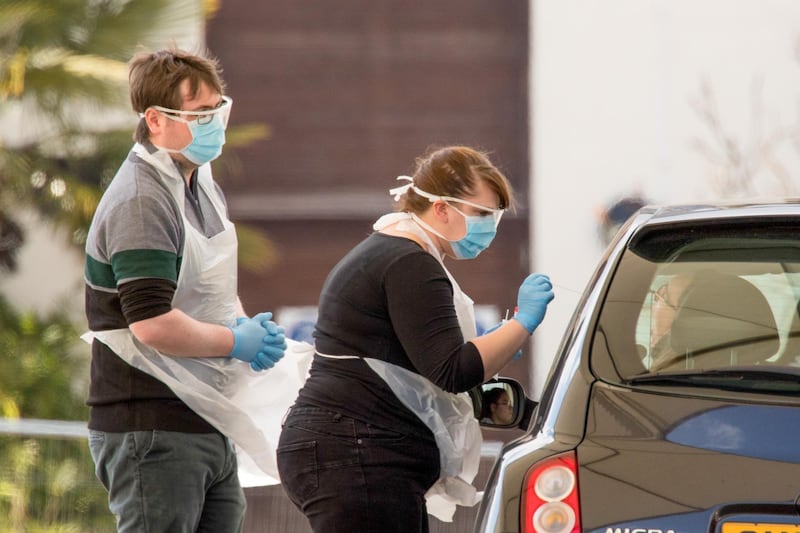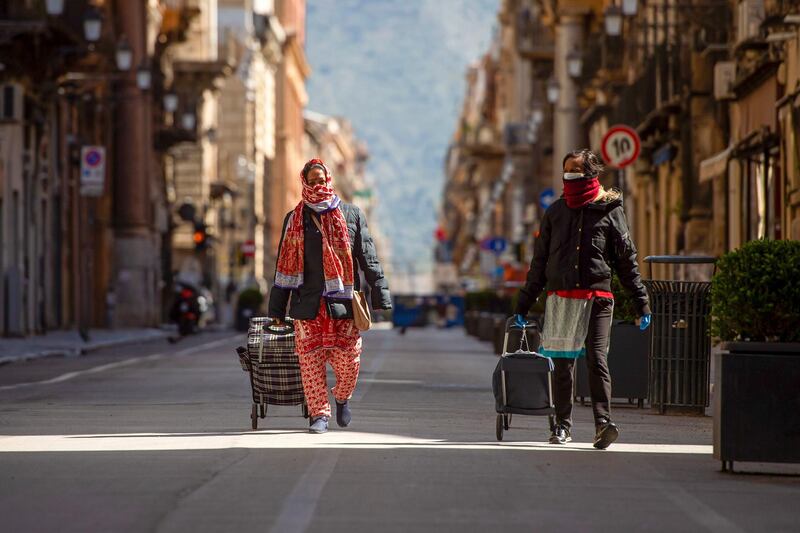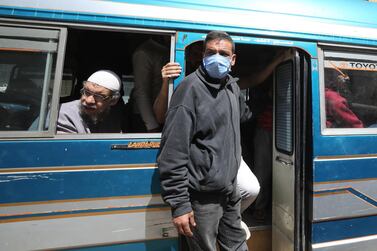Jordan confined its 10 million inhabitants to their homes in a sweeping one-day curfew on Friday that brought public life to a complete stop in a stepped-up bid to stem the spread of the coronavirus, witnesses and officials said.
The government said the 24-hour curfew that began Thursday at midnight, with a shutdown that encompassed shops, bakeries and even pharmacies and left open only hospitals and emergency services, was needed if Jordan was to avert a major outbreak.
"We sought through a complete curfew today to gauge our ability and to prepare ourselves for the worse, God forbid," Prime Minister Omar Razzaz told state television.
"The pandemic if it spreads will be difficult to control and we have to prepare for a period that is not short," Razzaz added, saying it would take Jordan a while to recover from the damaging impact of the crisis on its debt-laden economy.
The kingdom has seen a spike of coronavirus cases since announcing the first early last month, and now has a total of 310 with five deaths.
The government announced a curfew two weeks ago after the monarch enacted an emergency law that gave Mr Razzaz sweeping powers that restrict civil and political rights.
Tens of thousands of army troops and police have been deployed across the country. Movement has also been banned between governates and the capital.
The army has confiscated dozens of cars that violated the ban on vehicles with drivers facing a year in prison and heavy penalties.
The army also sealed the country's second largest city of Irbid near the Syrian border last week, placing 2 million inhabitants in a tight lockdown. It cordoned off several villages around the city after discovering many coronavirus cases caused by the spread during a mass wedding.
Even government ministers on Friday were confined to their homes, and police detained two deputies who broke the curfew in the toughest moves so far to restrict people's movements.
Twenty-two Muslim worshippers who went to pray in a mosque in the working-class district of Russaifa near Amman, the capital, were arrested for violating a strict ban on public prayers in mosques, security sources said.
The government said it would relax the curfew on Saturday to allow movement by foot for people to buy goods from local groceries and bakeries during daytime. The ban on vehicles and the night curfew will remain in place until further notice.
